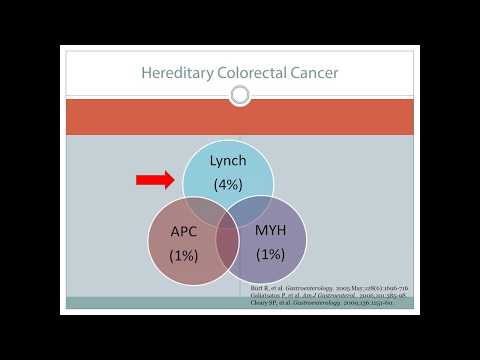
The Impact of Family History: Unraveling the Genetic Factors in Colon Cancer
Colon cancer, also known as colorectal cancer, is one of the leading causes of cancer-related deaths worldwide. It affects the colon, which is the part of the digestive system responsible for extracting water and salt from solid waste before it is eliminated from the body. While there are various risk factors associated with this type of cancer, such as diet and lifestyle, one significant factor that cannot be ignored is family history. Unraveling the genetic factors in colon cancer has shed light on the importance of understanding familial tendencies to detect and prevent this deadly disease.
Family history plays a crucial role in assessing an individual’s risk of developing colon cancer. Studies have consistently shown that individuals with a first-degree relative, such as a parent or sibling, diagnosed with colon cancer have a higher risk themselves. In fact, the risk increases significantly if more than one first-degree relative has been affected. This can be attributed to genetic factors, as genes are passed down from generation to generation and can predispose individuals to certain diseases, including colon cancer.
One of the most widely studied genetic factors in colon cancer is the presence of specific gene mutations, such as mutations in the APC, MLH1, MSH2, and MSH6 genes. These genes are responsible for repairing damaged DNA and maintaining the stability of the genome. However, when mutations occur in these genes, they can disrupt the normal function of the repair process, leading to an increased risk of developing colon cancer. Individuals carrying these mutations are often diagnosed with hereditary nonpolyposis colorectal cancer (HNPCC) or Lynch syndrome, which is associated with a significantly higher risk of developing colon cancer.
Recent advancements in technology, such as next-generation sequencing, have made it easier to identify these genetic mutations and assess an individual’s risk of developing colon cancer. Genetic testing can help individuals better understand their inherited genetic makeup and make informed decisions about screening and prevention strategies. For individuals with a family history of colon cancer, genetic counseling and testing can provide valuable insights into their personal risk and guide them towards appropriate preventive measures.
Furthermore, unraveling the genetic factors in colon cancer has paved the way for targeted therapies. By understanding the specific genetic mutations driving the cancer, researchers have been able to develop drugs that specifically target these mutations. For example, in individuals with mutations in the KRAS gene, targeted therapies like cetuximab and panitumumab have shown promising results in clinical trials. These targeted therapies offer a more personalized approach and have the potential to improve outcomes for individuals with colon cancer.
Additionally, genetic research has not only focused on identifying gene mutations but has also explored the role of gene expression patterns in colon cancer. Gene expression refers to the process by which genes are turned “on” or “off” in specific cells. Through gene expression profiling, researchers have identified certain gene signatures that can predict an individual’s prognosis or response to treatment. This information can be invaluable in tailoring treatment strategies for individuals with colon cancer, leading to more effective and personalized care.
Despite these significant advancements, there is still much to uncover regarding the genetic factors in colon cancer. Researchers continue to study the genome, searching for additional gene mutations or variations that may contribute to an individual’s risk. They also aim to identify genetic markers that can help predict an individual’s response to treatment or guide the development of new therapies.
In conclusion, understanding the genetic factors in colon cancer has revolutionized the way we approach prevention, diagnosis, and treatment. Family history remains a vital component in assessing an individual’s risk, and advancements in genetic testing have made it easier to identify and manage this risk. Furthermore, genetic research has provided insights into the underlying mechanisms of colon cancer, leading to the development of targeted therapies and personalized treatment strategies. As we continue to unravel the genetic factors in colon cancer, we can hope for more effective and personalized approaches to combat this deadly disease.


















